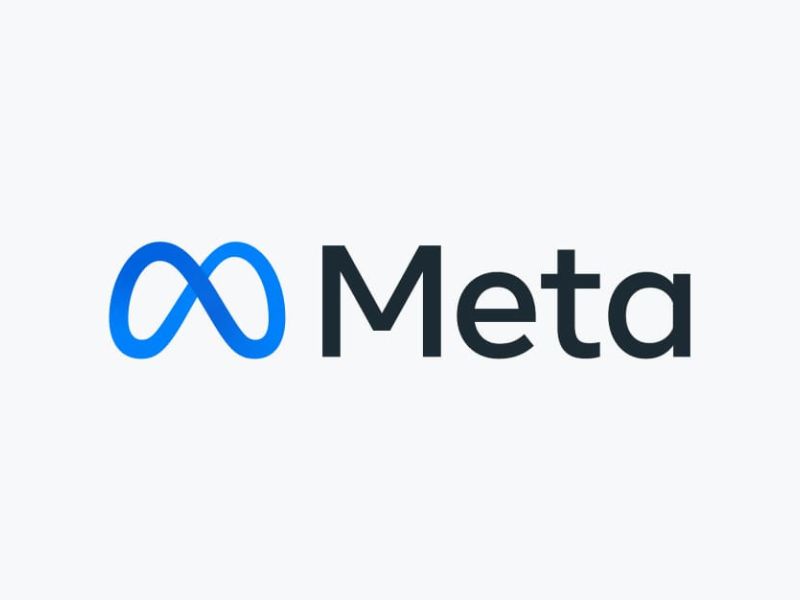Meta Platforms (NASDAQ: META.O) has officially released its latest generation of large language models (LLMs), introducing Llama 4 Scout and Llama 4 Maverick, which the company is calling its “most advanced models yet.”
The newly launched models are part of Meta’s Llama 4 series and are designed as multimodal AI systems, capable of understanding and generating content across various formats — including text, audio, video, and images. This positions Meta’s offerings in direct competition with other cutting-edge models from industry leaders such as OpenAI and Google.
“These are the best in their class for multimodality,” Meta stated in its release, adding that both Llama 4 Scout and Maverick will be made available as open source software — a move likely to attract developers and researchers looking to build and iterate on Meta’s innovations.
In a surprising reveal, Meta also previewed a future model dubbed Llama 4 Behemoth, calling it “one of the smartest LLMs in the world and our most powerful yet to serve as a teacher for our new models.”
Despite the excitement, the path to Llama 4 wasn’t without challenges. According to The Information, internal benchmarks had initially revealed that Llama 4 lagged in reasoning and mathematical tasks compared to rivals, and fell short of achieving parity with OpenAI’s models in voice-based conversation capabilities. This led to a delay in the model’s release.
Still, Meta’s commitment to AI remains firm. The company has announced plans to spend up to $65 billion in 2025 alone to bolster its AI infrastructure, a sign of how high the stakes are in the tech industry’s race to dominate artificial intelligence.
Meta’s bold investments reflect growing investor pressure on tech giants to deliver tangible returns from their AI innovations, particularly in the wake of ChatGPT’s massive success that reshaped the global tech landscape.

